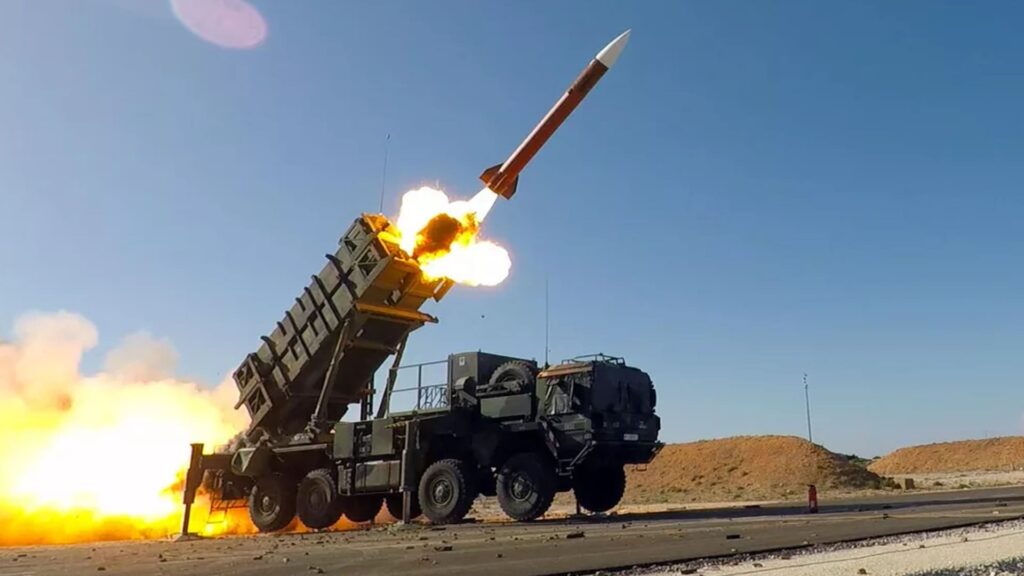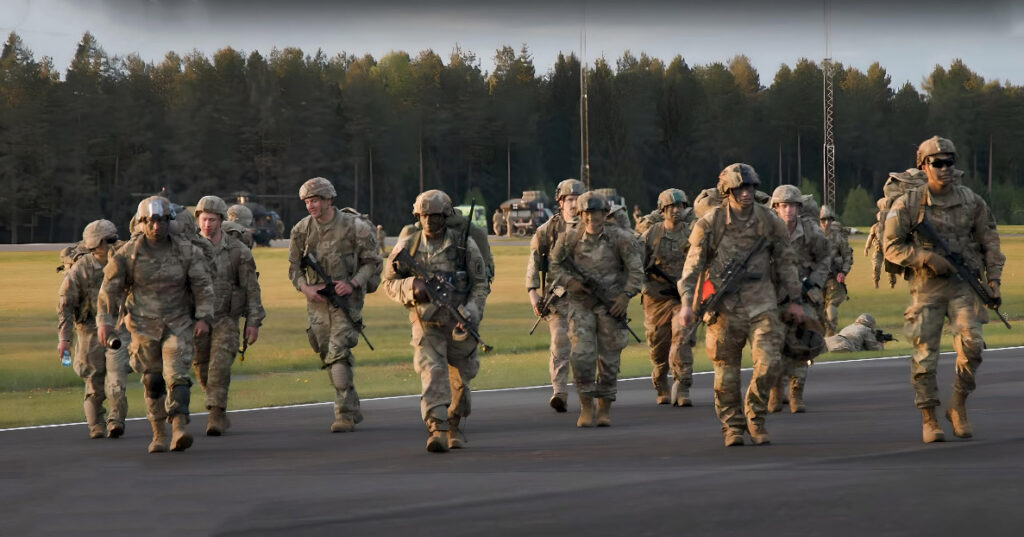Amid growing instability in Eastern Europe and escalating global security tensions, Germany is intensifying its support for Kyiv by delivering three Patriot air defense systems to Ukraine. While expected from a military standpoint, this move has sparked mixed reactions across Europe and beyond—due to both strategic and moral-political concerns.
According to The Washington Post, the deliveries are part of a broader agreement between Berlin and Washington, under which the United States pledges to replenish Germany’s arsenal within the coming months. This arrangement effectively reshapes the architecture of transatlantic military assistance, reflecting a new model: European allies supply the equipment, and the U.S. later compensates them.
German Defense Minister Boris Pistorius, who had previously announced the delivery of two Patriot systems contingent on restocking supplies, has now confirmed that at least two more units will be sent to Kyiv in the near future. Meanwhile, Russia’s Ministry of Defense has reported the destruction of several Patriot launchers, highlighting the dynamic and high-risk nature of their deployment in the conflict zone.
The initiative proposed by Washington goes beyond standard deliveries: it includes not only air defense systems but also radar equipment, electronic warfare tools, drone interceptors, and artillery. This reflects the growing ambition of Western partners to build a resilient defensive shield for Ukraine, despite internal disagreements.
However, not all European states have supported the initiative. France, Italy, Hungary, and the Czech Republic have declined to take part in the new format. According to European diplomats, their stance stems less from disagreement with the objective and more from skepticism about the mechanism’s effectiveness and concerns over its potential impact on their own defense capabilities.
Nevertheless, Germany continues to ramp up military aid despite domestic criticism. This move is seen not only as an act of solidarity with Ukraine but also as an effort to demonstrate strategic maturity and a commitment to continental security. For Berlin, it’s an opportunity to bolster its international standing and reaffirm its role as a reliable partner in the evolving European security framework.
Still, questions remain: How sustainable and long-term is this new military support scheme? And what tangible impact will these deliveries have amid shifting battlefield tactics and mounting pressure on the suppliers’ own economies?
While these answers remain uncertain, one thing is clear: support for Kyiv has moved beyond short-term politics. It has become part of a long-term geopolitical commitment—with consequences that are only beginning to unfold.



